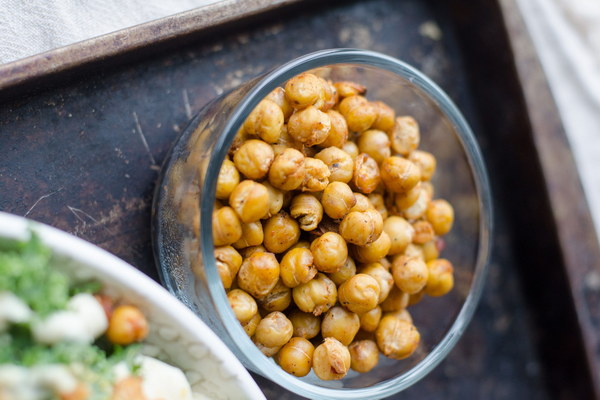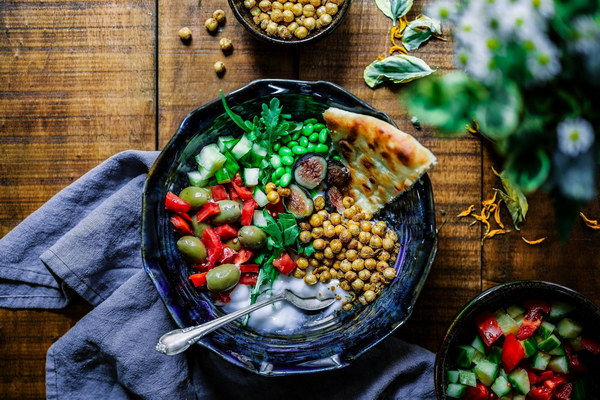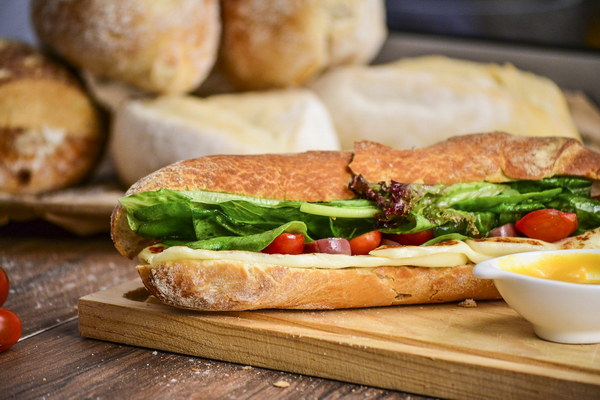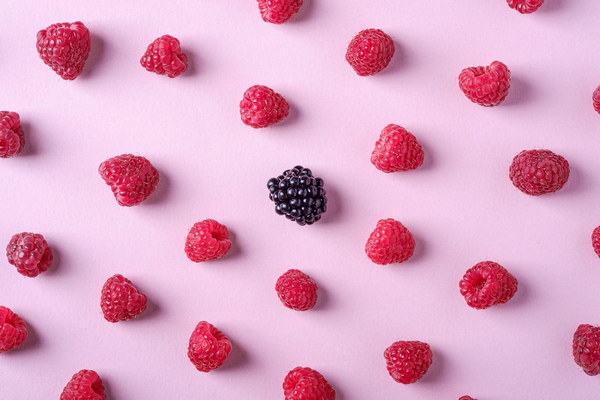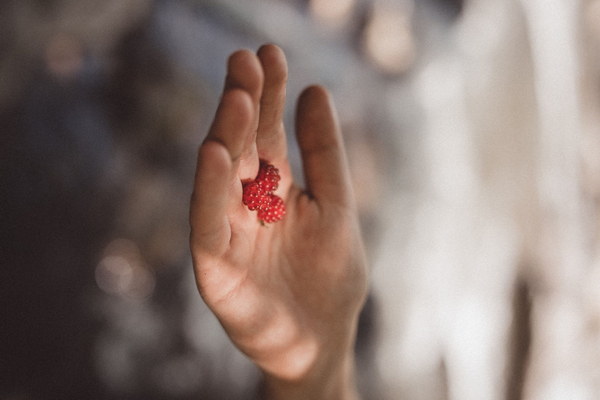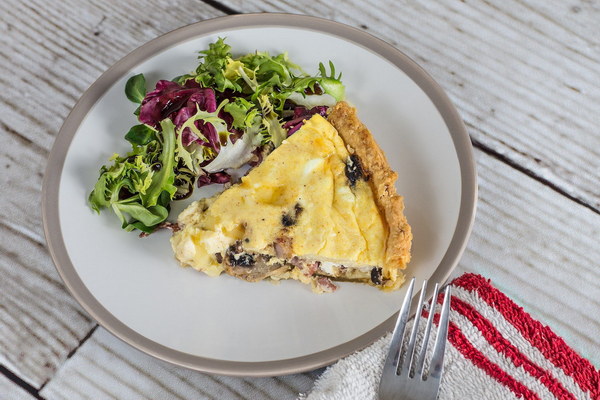Boost Your Iron Levels A Comprehensive Guide to Nutritional Supplements for Anemia
Introduction:
Anemia is a common condition characterized by a lack of healthy red blood cells, which can lead to a range of symptoms such as fatigue, weakness, and shortness of breath. One of the most common causes of anemia is iron deficiency, which can be effectively addressed through diet and nutritional supplements. This article provides a comprehensive guide to the best food supplements to combat anemia and boost iron levels.
1. Iron-Rich Foods:
To combat iron deficiency anemia, it is essential to incorporate iron-rich foods into your diet. Some of the best sources of iron include:
a. Lean meats: Beef, pork, and lamb are excellent sources of heme iron, which is more easily absorbed by the body.
b. Poultry: Chicken and turkey are also good sources of heme iron.
c. Seafood: Shellfish, such as clams and oysters, are high in iron, as are fish like salmon and sardines.
d. Legumes: Beans, lentils, and chickpeas are rich in non-heme iron, which can be found in plant-based diets.
e. Tofu and tempeh: Made from soybeans, tofu and tempeh are great sources of iron for vegetarians and vegans.
f. Leafy greens: Spinach, kale, and collard greens are high in non-heme iron and can be a healthy addition to your diet.
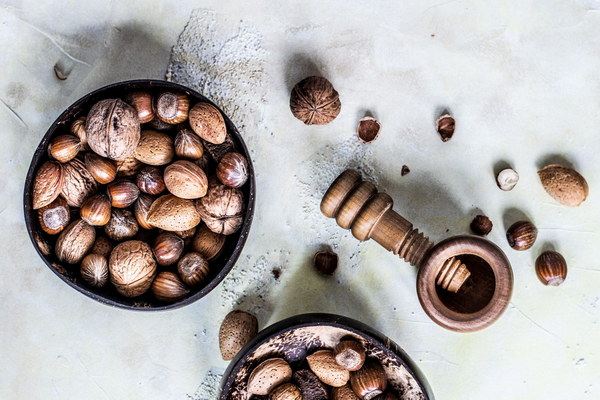
g. Fortified cereals: Many breakfast cereals are fortified with iron, making them an easy way to increase your iron intake.
2. Vitamin C-Rich Foods:
Vitamin C helps improve the absorption of non-heme iron from plant-based sources. Incorporate these vitamin C-rich foods into your diet:
a. Citrus fruits: Oranges, grapefruits, and lemons are all excellent sources of vitamin C.
b. Berries: Strawberries, raspberries, and blueberries are high in vitamin C and can be enjoyed in various forms.
c. Vegetables: Broccoli, bell peppers, and tomatoes are all good sources of vitamin C.
d. Fortified foods: Some cereals, juices, and plant milks are fortified with vitamin C to aid iron absorption.
3. Vitamin A-Rich Foods:
Vitamin A is essential for the production of red blood cells. Incorporate these vitamin A-rich foods into your diet:
a. Sweet potatoes: These are a great source of vitamin A and can be enjoyed roasted or mashed.
b. Carrots: Carrots are another excellent source of vitamin A, which can be added to soups, stews, and salads.
c. Spinach: This leafy green contains vitamin A and can be a healthy addition to your diet.
4. Folate-Rich Foods:
Folate is another essential nutrient for red blood cell production. Include these folate-rich foods in your diet:
a. Leafy greens: Spinach, kale, and collard greens are high in folate and can be enjoyed raw or cooked.
b. Beans: Lentils, black beans, and pinto beans are good sources of folate.
c. Fortified grains: Many breads, cereals, and pastas are fortified with folate to help prevent anemia.
5. Nutritional Supplements:
In some cases, dietary changes may not be sufficient to address iron deficiency anemia. In such cases, your healthcare provider may recommend nutritional supplements:
a. Iron supplements: These come in various forms, such as tablets, capsules, and liquids. Your healthcare provider will determine the appropriate dosage based on your iron levels.
b. Vitamin C supplements: Taking a vitamin C supplement can help improve iron absorption from non-heme sources.
Conclusion:
Anemia is a common condition that can be effectively managed through diet and nutritional supplements. By incorporating iron-rich foods, vitamin C-rich foods, vitamin A-rich foods, folate-rich foods, and, if necessary, nutritional supplements, you can help combat iron deficiency anemia and improve your overall health. Always consult with a healthcare provider before making any significant changes to your diet or starting any new supplements.



